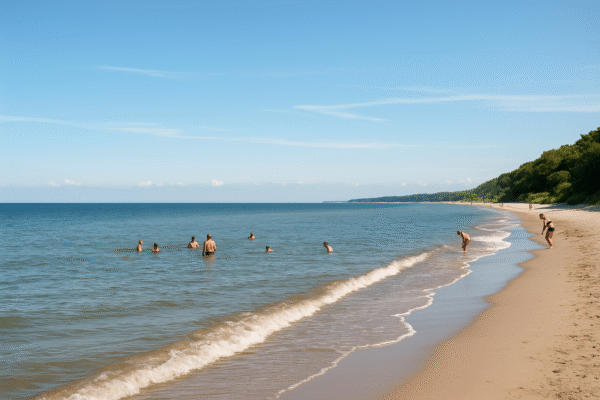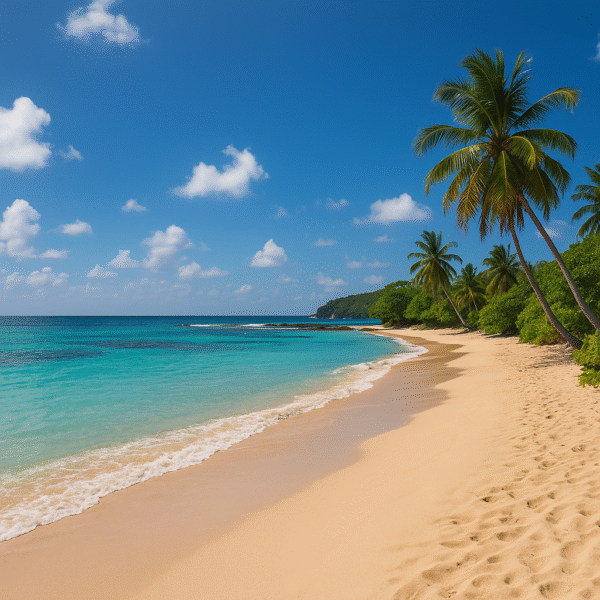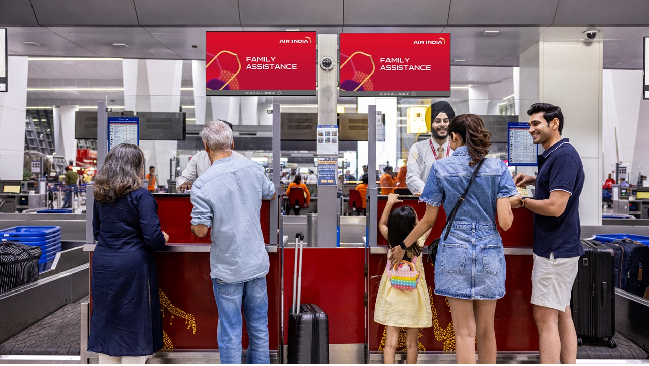As Mexico experiences record-breaking tourist arrivals in 2025, mounting pressure on infrastructure, housing, and ecosystems has begun to reshape the travel behavior of U.S. and Canadian visitors. Now, countries like Jamaica, Barbados, Brazil, the Bahamas, Dominica, and Saint Kitts and Nevis are seeing a noticeable uptick in interest—offering travelers both scenic beauty and a reprieve from the effects of overtourism.
According to the Mexican government, over 45 million international visitors entered the country in 2024, a figure that surged another 6.4% in early 2025. While this growth has contributed over $281 billion to the national GDP and sustained millions of jobs, it has also fueled protests, housing crises, and environmental degradation, particularly in Mexico City and popular coastal towns like Tulum and Cancún.
In neighborhoods such as Roma and Condesa, locals have voiced increasing frustration over the flood of digital nomads and short-term vacation rentals driving up rents. Demonstrations in July 2025 targeted gentrification and cultural displacement, with activists calling for stricter regulation of platforms like Airbnb, which accounts for over 26,000 listings in Mexico City alone.
Meanwhile, coastal tourism hotspots are reaching ecological breaking points. Coral reefs off the Yucatán Peninsula face ongoing damage from tourism-driven pollution, while local water resources are strained by resort demand. Even cruise tourism—long seen as an economic boon—has drawn criticism for its unsustainable impact. A proposed $42 disembarkation fee for cruise passengers was ultimately reduced to $5 after industry backlash, leaving questions about how coastal cities will fund necessary environmental protections.
Amid these concerns, American and Canadian tourists are increasingly eyeing alternative destinations across the Caribbean and South America—regions that offer vibrant cultural experiences, lower tourist density, and a growing emphasis on sustainability.
Jamaica: Culture, Mountains, and Responsible Travel
Jamaica continues to top lists for North American travelers, but in 2025, visitor behavior is shifting. Tourists are opting to explore the island’s UNESCO-listed Blue and John Crow Mountains, hike to waterfalls, and engage with local communities through cultural immersion tours. Eco-lodges and responsible travel operators have seen a surge in demand as travelers seek authenticity while avoiding the footprint of traditional resort stays.
Barbados: Festivals and Heritage Conservation
With its rich cultural calendar and historical landmarks, Barbados appeals to travelers craving more than beach time. The 2025 Crop Over Festival attracted record North American attendance, while heritage tours of Bridgetown and underground adventures in Harrison’s Cave showcased the island’s multifaceted identity. Authorities are prioritizing preservation while controlling development to prevent the pitfalls seen elsewhere.
Bahamas: Unique Attractions Amid Volume Pressures
The Bahamas welcomed over 11 million tourists in 2024 and remains popular in 2025. Iconic attractions like Pig Beach and Lucayan National Park continue to draw visitors, though the environmental cost is increasingly under scrutiny. While the reduced cruise disembarkation fee helps maintain passenger flows, concerns remain about how to balance high-volume tourism with long-term sustainability.
Dominica: A Nature-Based Alternative
Dominica, often overlooked in the Caribbean circuit, is emerging as a preferred destination for eco-conscious North American travelers. Its unspoiled landscapes, including the Boiling Lake and Morne Trois Pitons National Park, offer adventure without the crowds. The government is promoting community-based tourism initiatives to ensure local involvement and preserve Dominica’s “Nature Isle” identity.
Saint Kitts and Nevis: Intimate Experiences and Cultural Pride
This twin-island federation offers travelers a slower, more personal Caribbean experience. Heritage attractions like the Brimstone Hill Fortress and events like Culturama Festival in Nevis highlight the islands’ unique cultural legacies. With smaller-scale tourism, Saint Kitts and Nevis has maintained a strong balance between visitor appeal and local wellbeing.
Brazil: A South American Giant Embracing Sustainable Tourism
Brazil, while not Caribbean, is capturing increasing attention from North American travelers seeking diverse experiences. In 2025, Rio de Janeiro remains iconic, but eco-tourism in the Amazon and cultural exploration in Bahia are growing. Brazil’s tourism ministry has ramped up efforts to regulate development and support indigenous tourism ventures. Its vast geography offers respite from the concentrated pressures seen in smaller island destinations.
The Travel Outlook: A Regional Reset in Motion
Flight data and travel platform analytics from mid-2025 show a notable increase in U.S. and Canadian bookings to Caribbean and South American destinations, especially during Mexico’s peak summer months. Airlines including Air Canada, JetBlue, and American Airlines have added seasonal frequencies to Jamaica, Barbados, and Rio de Janeiro.
Meanwhile, tourism boards across the Caribbean and Brazil are investing in sustainable tourism infrastructure. Jamaica’s Ministry of Tourism has expanded its “AgriLinkages Exchange” to encourage farm-to-table travel experiences. Barbados is upgrading heritage sites through partnerships with UNESCO. Brazil is deploying AI-powered tools to monitor visitor flow in nature reserves like Chapada Diamantina.
Final Thoughts: Tourism With Intention
For North American travelers in 2025, the message is clear: paradise exists beyond Mexico, and mindful exploration is key. As the tourism industry evolves, visitors have the power to choose destinations that prioritize culture, community, and environmental responsibility.
Mexico remains a beloved destination, but with overtourism straining its heart and soul, it’s time to consider new paths. Whether it’s reggae rhythms in Jamaica, rainforest hikes in Dominica, or samba beats in Brazil, the options for meaningful, low-impact travel are as diverse as they are rewarding.
For more travel news like this, keep reading Global Travel Wire



















